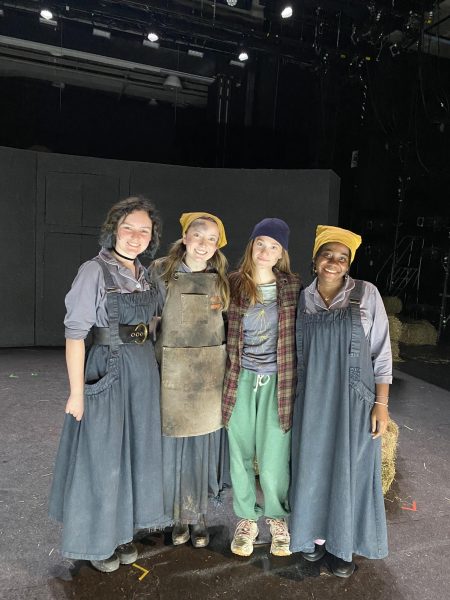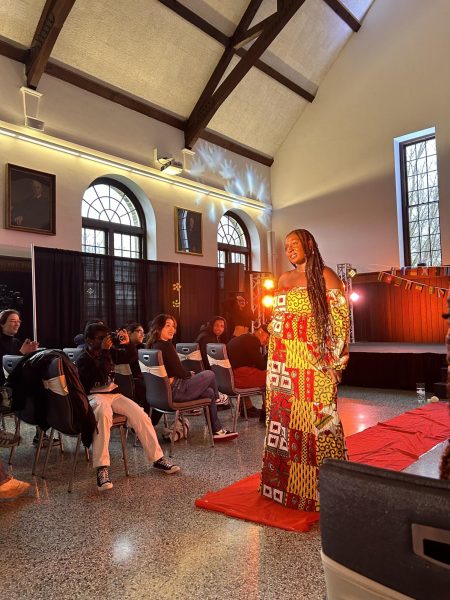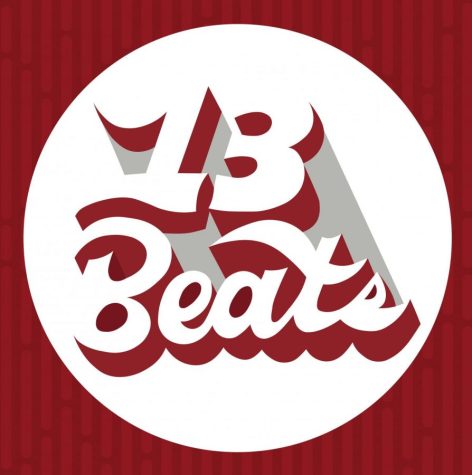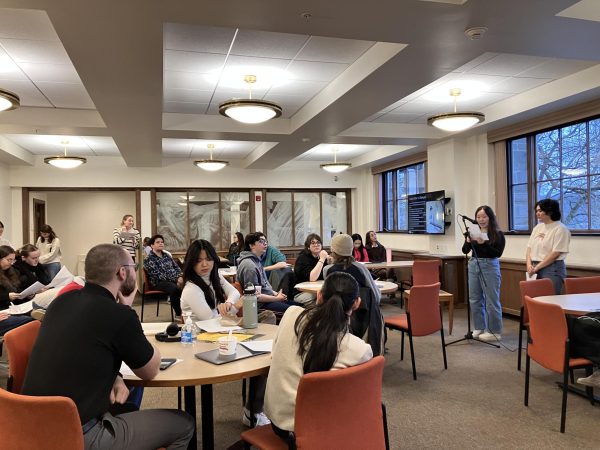Choose Your Singles Wisely

Those who tuned in to the Colbert Re-port on March 13 having never heard of Andrew Bird would not likely be inspired to seek out more of his music, thanks to his average performance of the mediocre single, “Eyeoneye,” off his solid new album, Break It Yourself. Unfortunately, these Bird neophytes received a serious misrepresenta-tion of his work in both style and interpre-tation, which increasingly seems to be the case with indie artists now when it comes to their singles and their live performances on talk shows, which rarely leave even devoted fans wanting more. For Bird, though, this is particularly tragic because his new album is destined to be considered one of the better albums of the year.
Fans familiar with Bird will know that his music revolves around his extensive use of the violin, fre-quently bowed, but even more frequently plucked and picked in lieu of a guitar. His brand of indie-folk is hardly as reserved as early Iron and Wine or Sun Kil Moon, but he wouldn’t be mistaken for a rock musician either, which is why the whiny gui-tar line of “Eyeoneye” is so jarring. The music up-sets the flow and atmosphere of the album even be-fore the uninspiring and nonsensical lyrics, which include gems like “Go ahead and reionize your-self” and “And it’s eyeoneyeoneyeoneyeoneye” (yes those are the actual lyrics; no, I don’t know what they mean). The song just feels repetitive and out of place on the album, compared with Bird’s past and present intricacy, innovativeness and wordplay.
I only harp on this song, however, be-cause of how good the rest of the album is and how incomprehensible it is that “Eyeoneye” was chosen as the single. Else-where on the album Bird exhibits his quirki-ness, his classical training and some unusual but thought-provoking lyrics. In the song “Sifters,” Bird wonders, “What if we hadn’t been born at the same time/What if you were 75 and I were 9/Would I come visit you/Bring you cookies in an old folks home/ Would you be there alone?” Such a simple sentiment probes the very nature of time, coincidence, fate and love. Even the less seri-ous lyrics are enjoyable in the fresh perspec-tive he gives to simple concepts – “Sound is a wave like a wave on the ocean/Moon plays the ocean like a violin.”
The violin has become fashionable in indie and alternative music today. In contrast to many of those other musicians, Bird is an extremely talented violinist in his own right, and his violin parts are significantly more complex than most of the violin accompaniments in indie and rock out there now. His pizzicato accompaniment is almost a trademark of his style, but he knows how to explore the full dynamic and emotional range of the bowed violin as well, as is evident on “Orpheo Looks Back” and “Hole In the Ocean Floor.” Indeed, the musical content of Bird’s mu-sic tends to be more subtly complex than one might realize at first listen, and it is for this reason that “Eyeoneye” is such a poor representation of Bird’s talent as a musician. He flirts with whimsy, often injecting his famed whistling into his tunes, but is always careful to counter this with a sober delivery and often serious subject matter couched in metaphors. “Lusitania” uses the sinking of the ship that contributed to the American entry into World War I as a metaphor for his painful but complicated relationship, and “Orpheo Looks Back” references Greek mythology to emphasize the importance of moving forward.
All in all, this album and its poorly-chosen single should be a lesson to the many sub-mainstream bands out there who feel the need to pander to an audience that demands familiar-sounding canned singles. Andrew Bird’s creativity and musicianship shine through elsewhere on the album, but, wheth-er due to pressure from the record label or a misguided desire to sound more accessible, the song that represents the album to those who haven’t heard of him yet is lacking in the very elements that would make a new listener want to explore further.
Contact Mike Knerr at [email protected].






